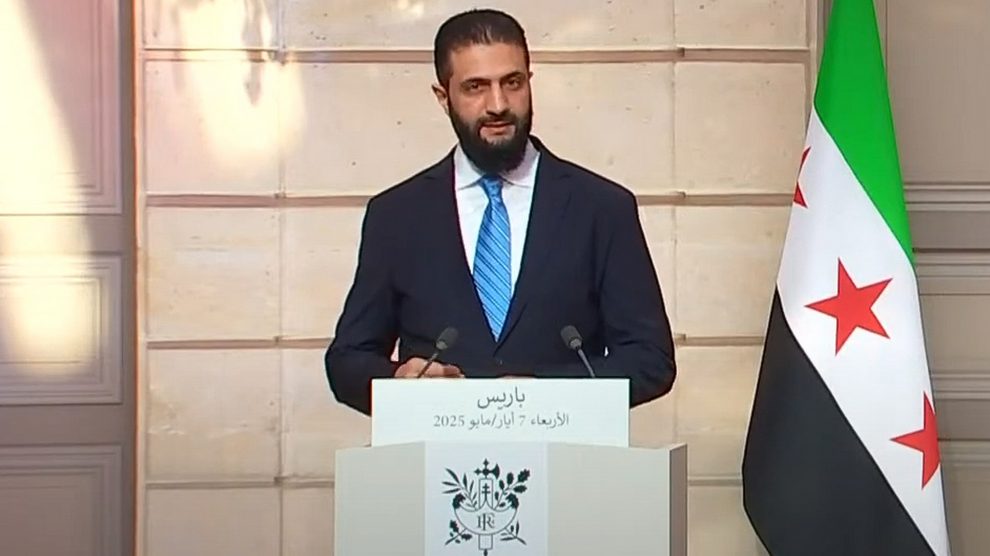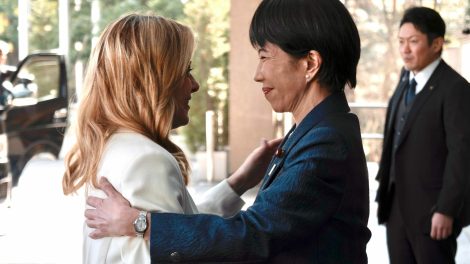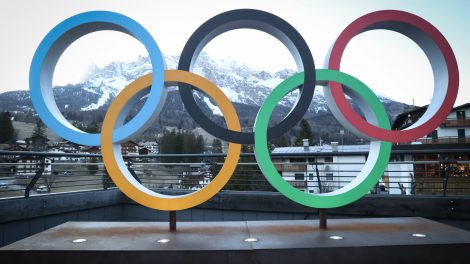When in Rome. On May 29, the “Syria Forward” event—co-hosted by Italy’s Med-Or Foundation and Qatar’s Global Institute for Strategic Research (GISR)—gathered in Rome analysts, officials, and researchers to dissect Syria’s precarious political transition under Ahmad al Shara’s revolutionary leadership.
- Following the collapse of the Assad regime, Syria is attempting to forge a new national identity through a draft constitutional declaration.
- The document aims to unify Syria’s ethnically and religiously diverse population under the principle of “a Syria where everyone is a minority.”
- The country’s political reformation hinges on decentralisation, equitable power-sharing, and a clear rejection of regional fragmentation.
Security first—or people first? While armed militias and foreign fighters remain active across Syrian territory, disarmament, demobilisation, and reintegration of ex-combatants are critical goals, alongside rebuilding a legitimate national security apparatus.
- Experts are split on whether Syria’s security model should prioritise centralised state control or focus on protecting local communities.
The economic equation. Basic infrastructure—water, power, transportation, and healthcare—has been severely compromised.
- Restarting the economy will require not only reconstruction but international investment and a phased easing of sanctions.
- Banking and productive sectors need reactivation, but donor fatigue and geopolitical caution loom large.
Reality check. Globally, over 50% of countries emerging from peacebuilding efforts relapse into conflict within five years.
- About 75% risk sliding into new forms of authoritarianism. Syria’s path must be narrowly focused yet deeply rooted to avoid a repeat cycle.
The human dimension. Local authorities and civil society actors must be empowered to lead the recovery.
- Imposing external models or reviving dysfunctional systems could spark renewed instability, especially among marginalised communities.
What we’re watching. Syria stands at a crossroads between fragile hope and possible relapse.
- Peace will require more than disarmament—it demands structural inclusion, social justice, and accountable governance.
- The challenge now: translating vision into a sustainable, Syrian-led reality.





